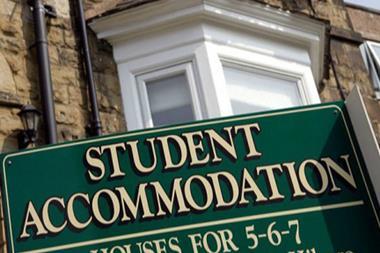UK - Confidence has collapsed across the UK real estate sector according to Smith & Williamson's latest annual survey.
The financial services firm's sixth annual survey, which quizzed 187 senior property executives about economic, regulatory and environmental issues, showed that business confidence in residential and commercial property has fallen between 2006 and 2008, from 86% to 7% and from 91% to 18% respectively.
Nick Cartwright, chair of Smith & Williamson's Property Group, said: "Market volatility means that it's a very challenging environment in which to undertake projects that can take several years to complete. In our experience some property businesses are sitting on the sidelines holding cash but are not yet willing to move back into the market."
UK economic performance and the raising of capital were deemed the most important issues facing the real estate industry, with 60% of respondents saying economic performance was the single most important issue and 37% stating their businesses would be constrained in the next 12 months due to a lack of finance.
The percentage of those looking to raise finance has dropped slightly from 42% in 2007 to 39% in 2008, with most citing banks as being their prime source.
This is surprising, according to Cartwright, who said: "At Smith & Williamson we have seen some bank lenders opening up for business again, but on a very tentative and different basis in terms of gearing, rates and valuations."
"Banks are understandably uneasy that valuations are now coming in with disclaimers due to market uncertainty, which is indicative of the sensitive nature of the market and the loss of appetite for risk. Until economic conditions and the banks' own balance sheets have improved, many banks cannot lend on property ventures, as frankly they need the cash themselves," he added.
The survey found that environmental issues are not the industry's priority, while 88% of investors felt that tax would influence their business decisions on whether to buy a property or not.
"Environmental tax reliefs can result in significant savings and are particularly relevant in the current climate when finance is tight," said Cartwright.
But he believes the Treasury is "out of step" with the realities of the property market, and marks the scrapping of empty property rates relief as a clear indicator of this.
The Government's efforts to assist the UK real estate sector, by raising the stamp duty land tax threshold and buying houses at knockdown prices from builders through the Homes and Communities Agency, are late and "woefully inadequate," according to Cartwright, who does not believe the property industry will begin showing signs of recovery until the end of 2009.
The survey included responses from a range of executives, including investors, developers, surveyors, architects and other professionals and service providers in the property industry.












